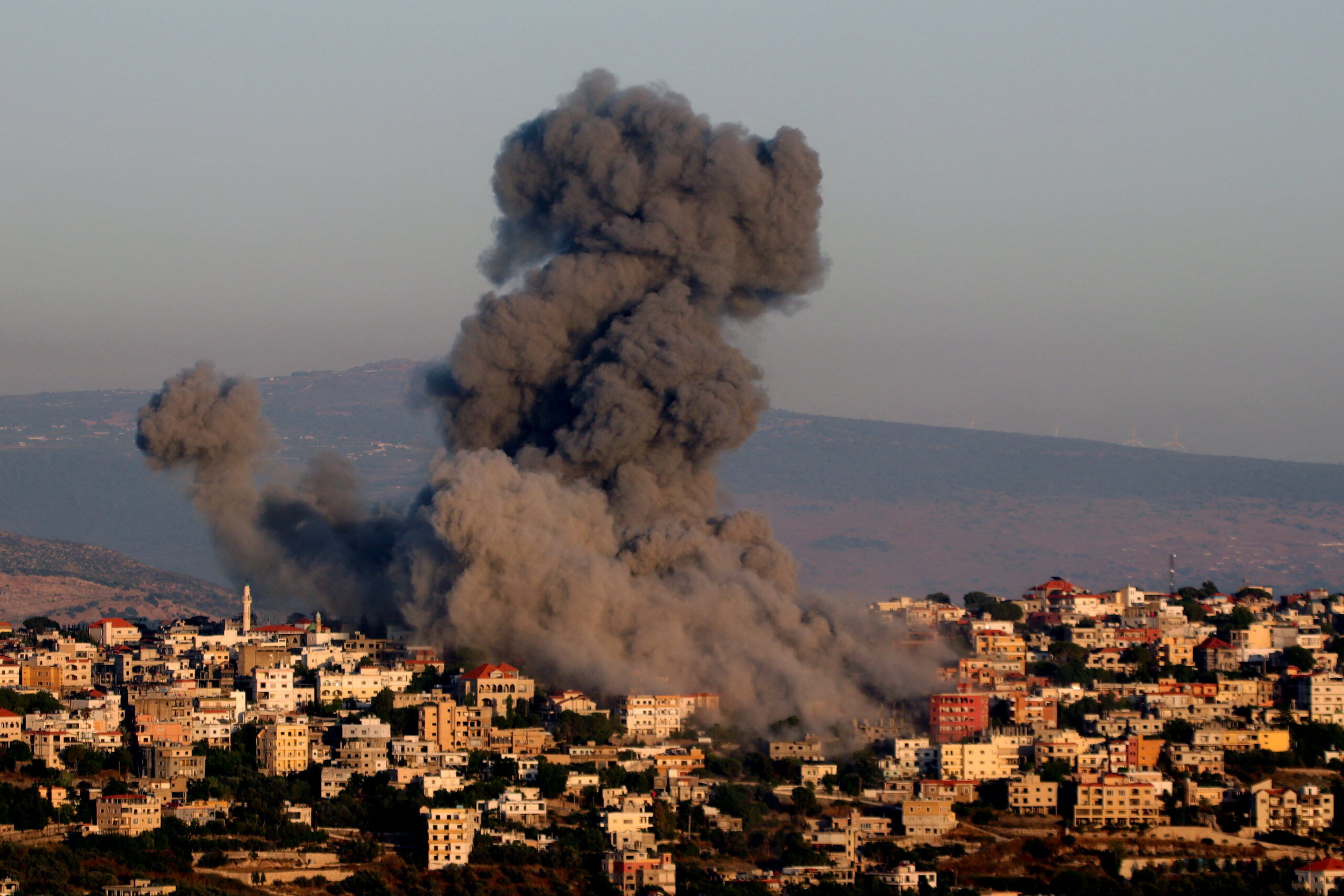In the recent past, blasts affecting Hezbollah’s communication equipment in Lebanon and Syria claimed about 30 lives and 4,500 injured. They caused a humanitarian calamity in Lebanon, according to the Ministry of Health. They occurred in various Beirut districts, its suburbs, and some parts of Syria, and more attacks occurred in which even one blast happened at the funeral of the first explosions. In response, Israel’s Defence Minister Yoav Gallant announced a “new phase” in its war on Gaza, stressing a clear focus of this phase towards the northern front, assuming an even more aggressive war with Hezbollah.
Erekat’s account of the latter conflict underscores the fact that the relentless Israeli bombings of Hezbollah’s communication system are not limited to tactical operations but signal a new strategic trend in the Middle East. The removal of Paging devices and Radios from the hands of Hezbollah also portrays a planned act to frustrate and depower the group. This tactic is reminiscent of a far earlier Israeli operation where sabotage was carried out on the Iranian nuclear centrifuges by placing explosives inside the machinery with a view to achieving a blast from within.
Thus, the consequences of this strategy are rather deep-seated. Israel’s plan seeks to disrupt the current balance of threat perception, sow division within the Hezbollah organization and its supporters, and separate the population of Lebanon from the militia through the infliction of heavy losses. When the attacks are made on civilian areas like supermarkets and civilian-populated residential areas, the message is clear that the conflict between Israel and Hezbollah will be total and not selective against Hezbollah alone since they are a part of the Lebanese nation furthermore.
This escalation is presumably due to the fact that Israel has been making preparations on the north front for a while, especially after its war with Lebanon in 2006. The current tactics indicate that Israel anticipates a large-scale war with Hezbollah is inevitable and one that Israel needs to prosecute in order to change security and demographic realities in the north. This is in spite of the fact that there is potential for a broader war, perhaps with the rainy winter season likely to propel military activities to the ground and an invasion with major logistical complications.
To Israeli Prime Minister Benjamin Netanyahu, the attacks in Syria have been victorious in their strategic aspect as they helped strengthen his domestic base of support as well as marginalize internal political rivalries in his government. Israel’s approach that uses cyberterrorism coupled with collective punishment is indicative of the new warfare model that targets the entire population of Lebanon as opposed to differentiating between the combatant and non-combatant.
The recent events undermine apprehensions of a lessened tension that the US and Israel had been working to calibrate with Lebanon despite the air activity over south Lebanon to counter the Hezbollah incursion into the region. Moreso, very recent actions by Israel are provocative rather than a pointer to any planned de-escalation. This is due to the fact that the mass protests in Israel, despite the fact that they have proclaimed the message of no violence, may signify an escalation of the conflict situation.
At home, the blasts have mobilized Israelis behind Netanyahu’s government for the moment, overcoming internal discord, especially between the defense minister on one side and the prime minister on the other. The strategic reality remains unchanged: Israel, in its bid to gain hegemonic control over the Middle East region, has, however, experienced its conventional power aggression strategies fail. It is now resorting to even more destructive and less foreseen aggression.
Full-scale war on the northern front might divert attention away from the Gaza Strip and sideline the Palestinian question as Israel’s attentions turn to Lebanon. This shifting of strategy depicts a very worrying situation in the conduct of warfare where the civilian population ends and means and ways of uncontrolled brutality shift the balance of power in geopolitics.















